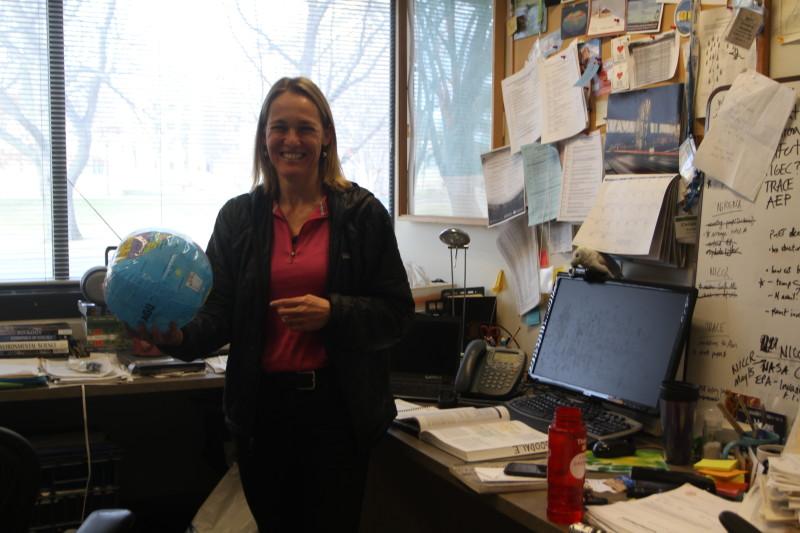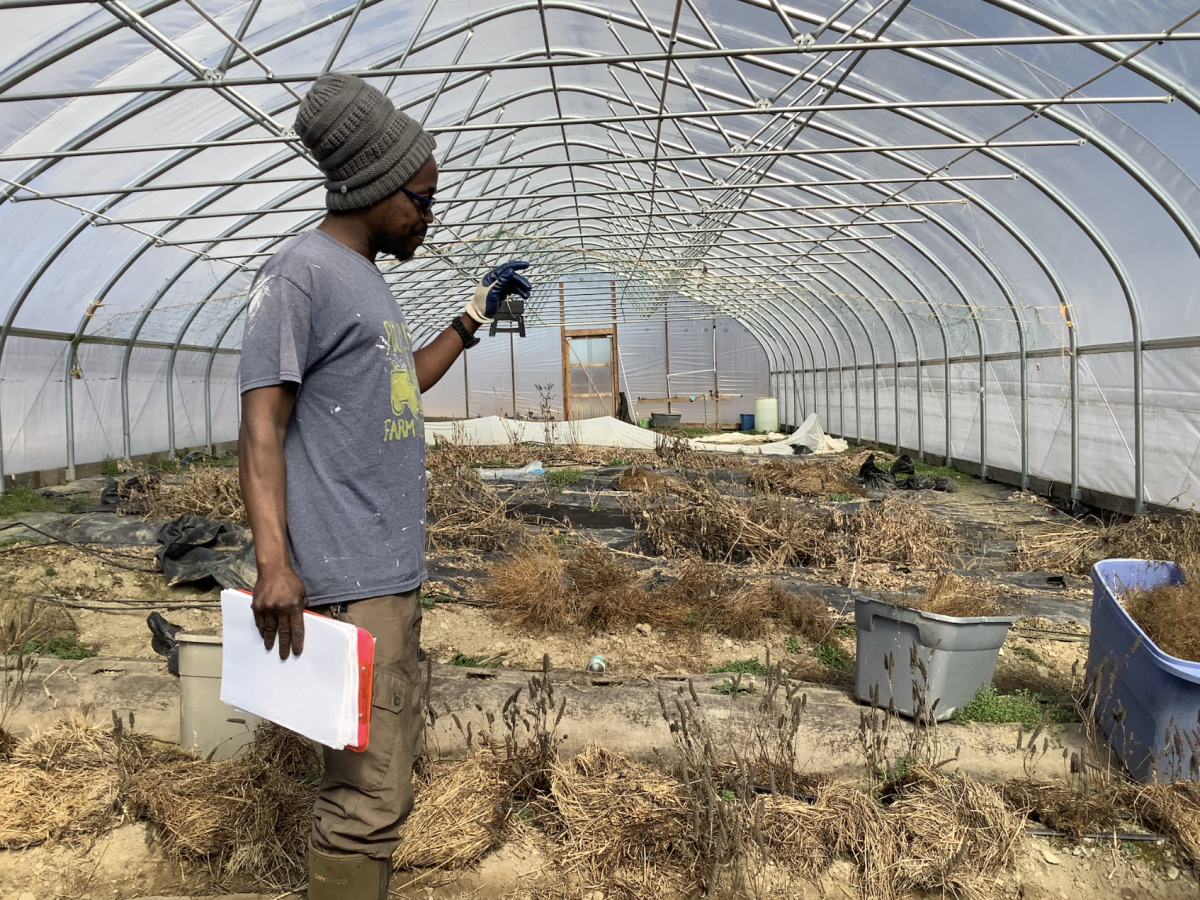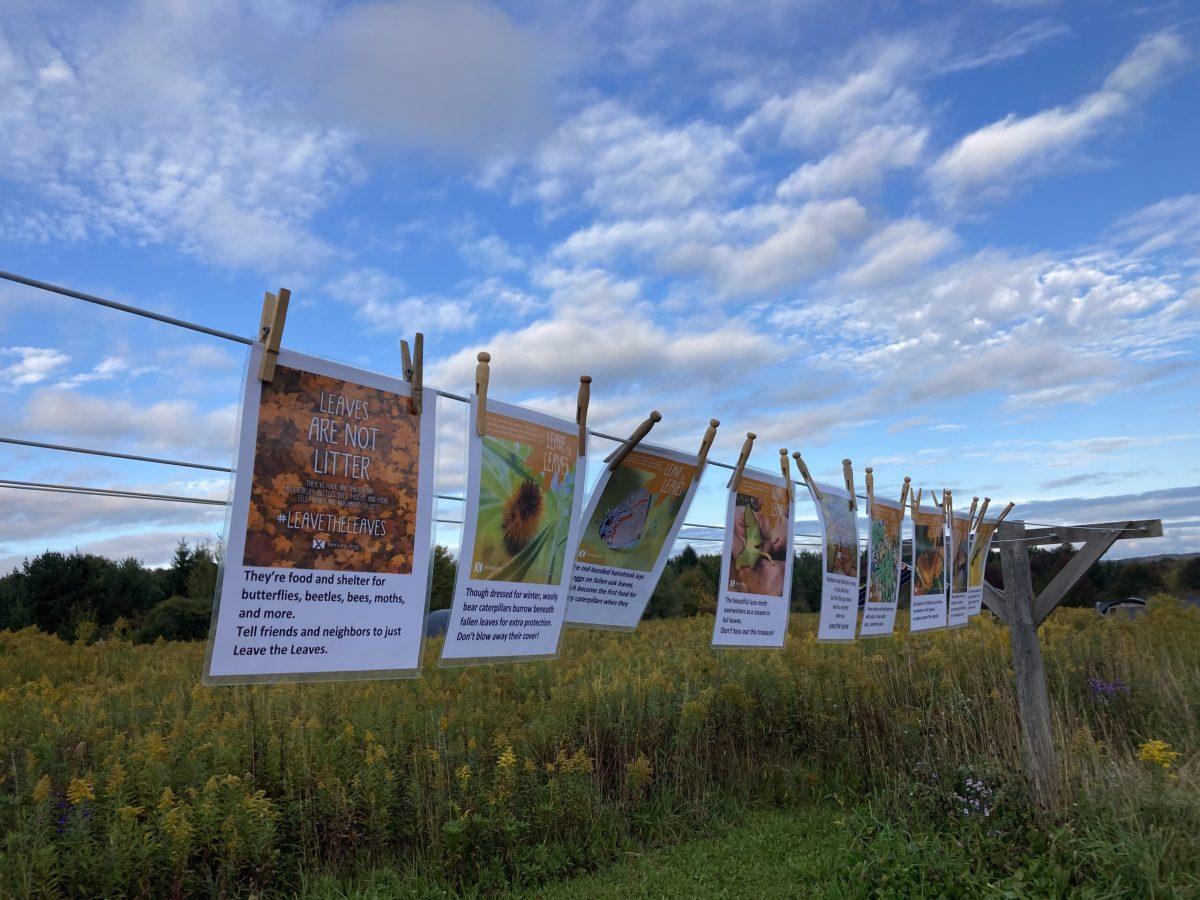Cornell University is in the final stages of implementing an Environmental Studies major that would bring together previously disconnected college programs.
The new major would be available to students from both the College of Arts and Sciences and the College of Agricultural and Life Sciences. Christine Goodale, associate professor in the Department of Ecology and Evolutionary Biology and chair of the proposal committee, said the challenge with the current Environment and Sustainability Sciences major is that it is only available to CALS students. The program would bridge a gap felt by CAS students who want to explore a humanities-centered approach to the environment.
“For those on the Arts side… There are very, very limited options if you’re interested in the environment,” Goodale said. “In neither college has there been an option toward a more ‘environmental studies’ approach to things.”
In 2014, the idea to create an environmental studies major within Arts and Sciences made it through two rounds of committees, but they decided not to create more gaps between the schools with more programs that only certain students can join.
“Rather than recreating the wheel or having competing majors, or majors that just sort of float in different worlds, one of the outcomes of both those committees was to recommend doing this coordinated program,” she said. “We want to harmonize the sort of cross-college craziness.”
Spanning across both colleges, the program — currently designed as a single major, but with room to change — would provide a set of basic science courses, five possible branches of study and an interdisciplinary set of humanities courses such as English, history and anthropology.
The news hasn’t received universal praise, even from environmentally-conscious students such as Avery Becker, a senior Food Science major at Cornell. He said he thinks the university should work more to expand the majors they already have.
“Having all these different majors is really stressful, but having more options within those majors would be nice,” he said, adding that a minor, a specialization, or independent studies could be more useful.
Goodale said the committee compared programs at other schools such as Ithaca College, which was one of the few to include environmental history and to have more courses than Cornell in its Environmental Science major.
And while Cornell is setting up their major, Ithaca College is releasing a redesign of its Environmental Studies minor in time for the fall, following a five-semester hiatus.
The college suspended the minor in December 2013 to reorganize the courses to integrate more interdisciplinary perspectives. Previously, students were able to complete the minor without having taken a course in the Department of Environmental Studies and Science, according to assistant professor Jake Brenner.
“We need students to understand current environmental problems as a result of human-environment interaction,” he said.
To accomplish this, he said the new courses have many experiential components such as field work and solving real-life problems.
“I think our department is right there on the cutting edge,” Brenner said.
Five out of the eight Ivy League institutions have programs for Environmental Studies, according to each institution’s website. Currently, Cornell, Columbia and Harvard only have Environmental Sciences majors.
Goodale said her committee is one meeting away from approval by the deans. As Cornell joins the rest of the league in creating an environmental studies program, she said one of the main objectives is to develop a program that bridges the divide between colleges, which vary greatly in their graduation requisites, through a revised set of core requirements.
“It does require a lot of changes, but in some ways, it allows for greater coherence, and allows for greater integration across disciplines, and allows that cross-pollination of ideas and expertise and perspectives to address environmental problems and solutions,” she said.
For Becker, regardless of how complicated it might be, it is a win-win in the long run.
“Either way, I think it’s good,” he said. “We need more environmental stuff — always.”



















